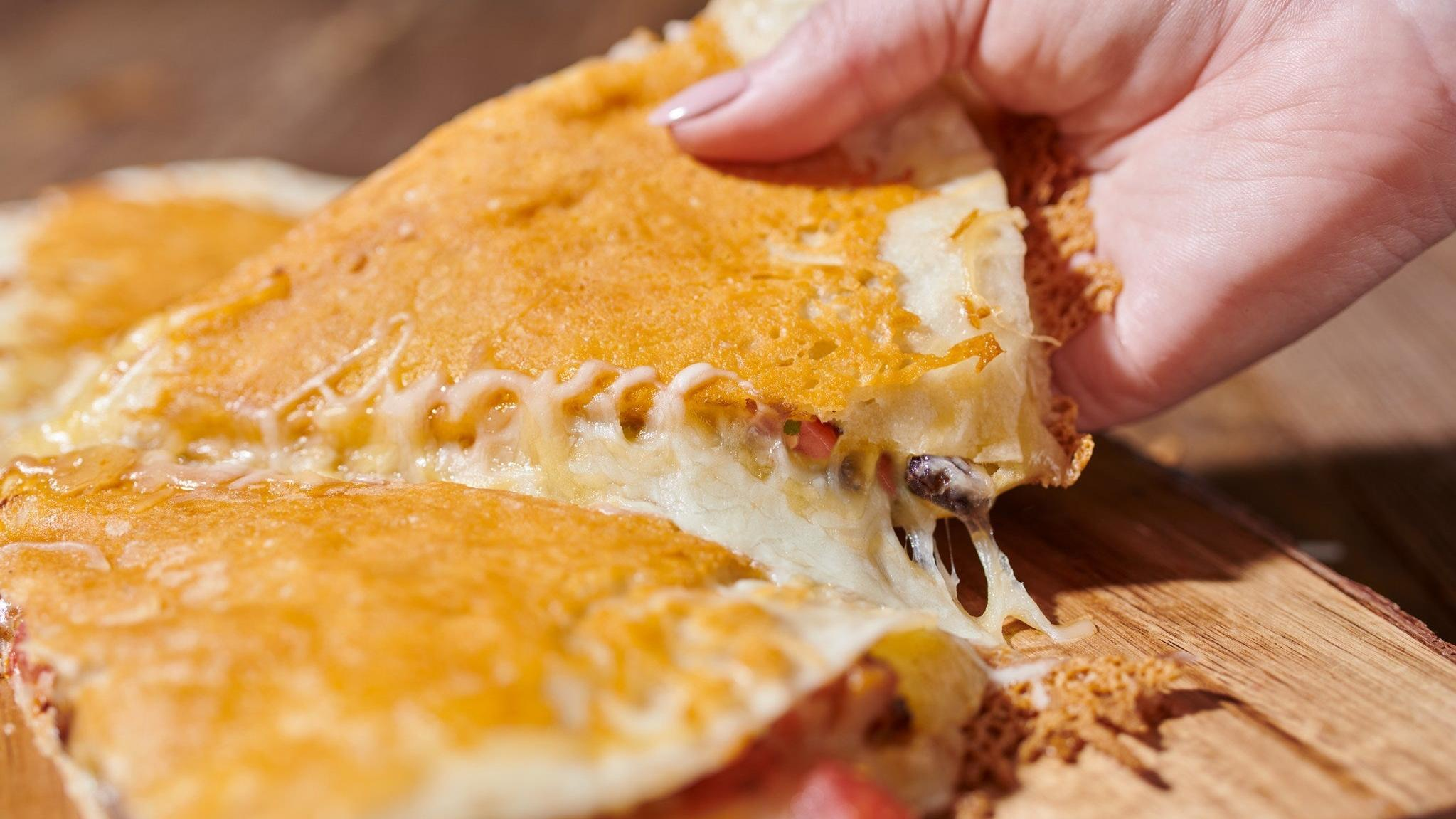Qdoba Holds The Blueprint For Fast Casual's Future
The chain’s new virtual-only menu is all about high-value items. Will it work?
When the pandemic hit in 2020, it wreaked havoc on the restaurant industry. With fewer or no patrons eating at restaurants for an extended period of time, many establishments folded, gone forever. Those best positioned to survive were either chains with the support of a central corporation or those adept at pivoting to digital platforms—and Qdoba represents both. Thus, it's worth taking a look at this brand to see what maintaining a large restaurant presence looks like in 2022.
How Qdoba weathered the pandemic
The fast casual Mexican-style chain, which began in 1995 as Zuma Fresh Mexican Grill in Denver, now has almost 800 locations across 47 states and Canada. Two months before the pandemic hit, Qdoba happened to implement a new digital strategy that included integration of third-party delivery orders into its POS system. The lucky timing of that integration meant that the brand could deliver orders more seamlessly and ultimately stay ahead of the curve once other restaurants clamored to do the same on a compressed timeline.
In 2020 alone, Qdoba also introduced a variety of restaurant formats, including mobile-order drive-thu, mobile order pick-up, outdoor seating, ghost kitchens, and more. Later, in 2022, it created a more "personalized" experience for customers by amplifying an existing loyalty program, now incentivizing visits two different ways: customers are rewarded for every dollar spent, but also rewarded for every individual visit, meaning that frequent visitors unlock a VIP tier of superior rewards.
Why every restaurant chain wants a virtual brand
Now, Qdoba is taking it one step further by introducing its first ever "virtual brand," an online-only menu that is all about cheese: Pure Gold by Qdoba. The menu boasts that everything is made fresh to order and is designed to satisfy your "most indulgent craving." With names that designate wealth and high value, such as Priceless Pork Verde Loaded Queso and 24-Karat Quesadillas, the company describes Pure Gold as "bold flavor and just the right amount of attitude."
While the cheese-centric menu might be a unique addition to the space, the concept of a virtual brand isn't new. Several well-known restaurant chains such as Chick-fil-A, Wingstop, and IHOP have already introduced virtual brands to their customers. Then there's Brinker, Applebee's, Hooters, TGI Fridays, and Denny's, all of which have established virtual brands as well. (And, of course, Chuck E. Cheese's.)
It's no surprise that virtual brands are here to stay. According to a survey of 350 independent restaurant operators in January 2022, 41% of independent restaurants operate on a virtual model. Many are permanent additions to the restaurants' operations, and many more restaurants are planning on expanding that concept.
Virtual restaurants are probably here to stay
The future of dining is one that involves both virtual and physical elements. Qdoba understands this; what makes it different from its competitors is the way it leverages this knowledge while appearing to take risks at the same time.
In February, Qdoba signed the biggest franchise deal in the brand's history, one that involves opening more stores in the next ten years. It plans to increase store coverage from under 800 stores to 2,000 stores, putting it on track to compete with other major fast-casual chains in America.
By focusing narrowly on a specific beloved menu item (queso!) while also expanding stores specifically with the digital platform in mind, Qdoba might have found the golden ticket to success—but only time will tell. Ultimately, virtual restaurant formats are like a test location without a brick-and-mortar presence, a way to gain insight into customers' needs and purchasing power and test the waters to see what works. As long as customers continue to embrace food delivery, this model is likely to thrive.
